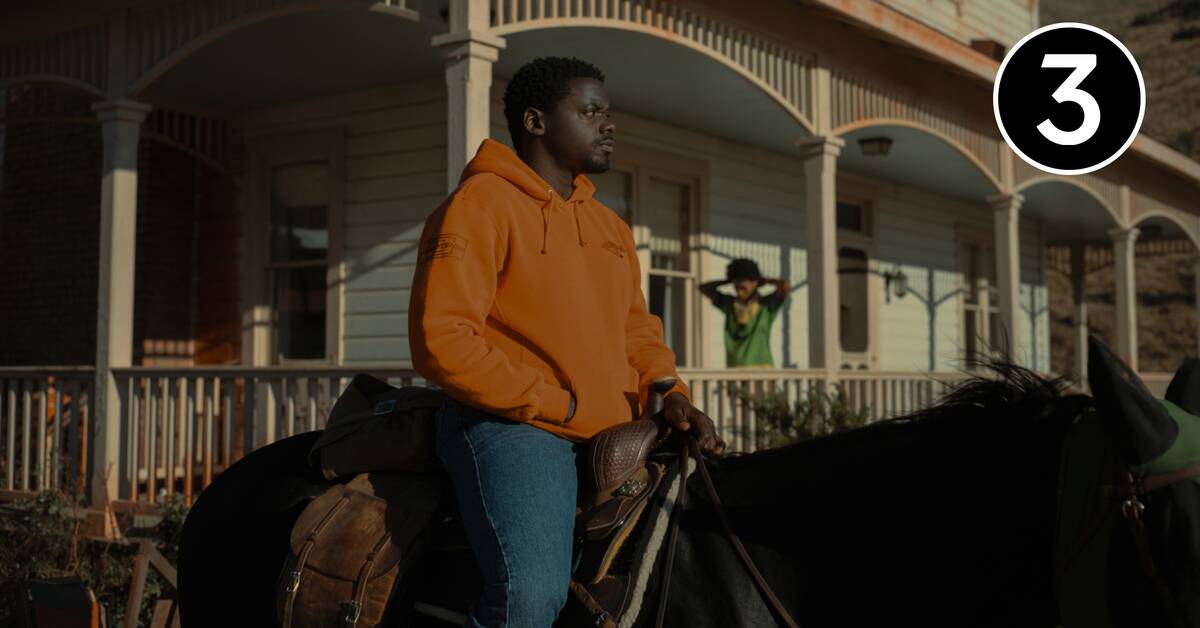Filmmaker
Jordan Peele has a lot to say.
Above all, that sooner or later
everything
becomes content and entertainment.
We are drilled in making our everyday life Instagram-friendly, turning trauma into summer talk and seeing personal disasters as lessons we can run TED talks on.
All of this goes into "Nope," along with a chimpanzee who loses it, black representation in film history, and how we choose the events that define the story of ourselves.
Here are
bombastic scenes and astonishing special effects.
Movie references are piled on top of each other.
Peele throws kisses to Spielberg, Hitchcock and (hopefully unintentionally) Shyamalan and also takes the opportunity to deconstruct the Western tradition, the white hero who stares danger straight in the eye while he's at it.
It's a lot at once.
In the center is Otis "OJ" Haywood Jr.
(Daniel Kaluuya) who took over the ranch and the family business after the father's sudden death.
Restless sister Emerald (Keke Palmer) isn't much help.
OJ therefore has sole responsibility for the horses that must be fed, ridden and stunt-trained to be rented out for films.
He doesn't like it.
He may be good with animals, but not people and above all not business.
The company is close to bankruptcy.
Then a
malevolent entity appears in the sky.
A "bad miracle", as OJ says.
Unless you can capture it in a picture and get paid for it, that is - in that case, it's a good miracle.
The plot isn't really more complicated than that.
But Peele is not a filmmaker who settles for surface, every frame is filled with meaning.
Not surprisingly, with "Get out" and "Us" Peele has developed both the horror genre and traditional film storytelling through rich symbolism and social satire.
"Nope" can best be described as a suspense-sci-fi satire, which does not provide answers to all the questions asked - it is difficult to see how it can be done in two and a quarter hours.
The film opens
with a warning biblical quote where God threatens man with making him a spectacle (Nahum 3:6) as the ultimate punishment.
Ultimately, this is what the film is about: about how our gaze is drawn to danger, threat and spectacle for entertainment and provocation.
Perhaps the words of the Bible have come true?
It therefore feels like an irony to claim that "Nope", in all its visual splendor, wants
too much
.

